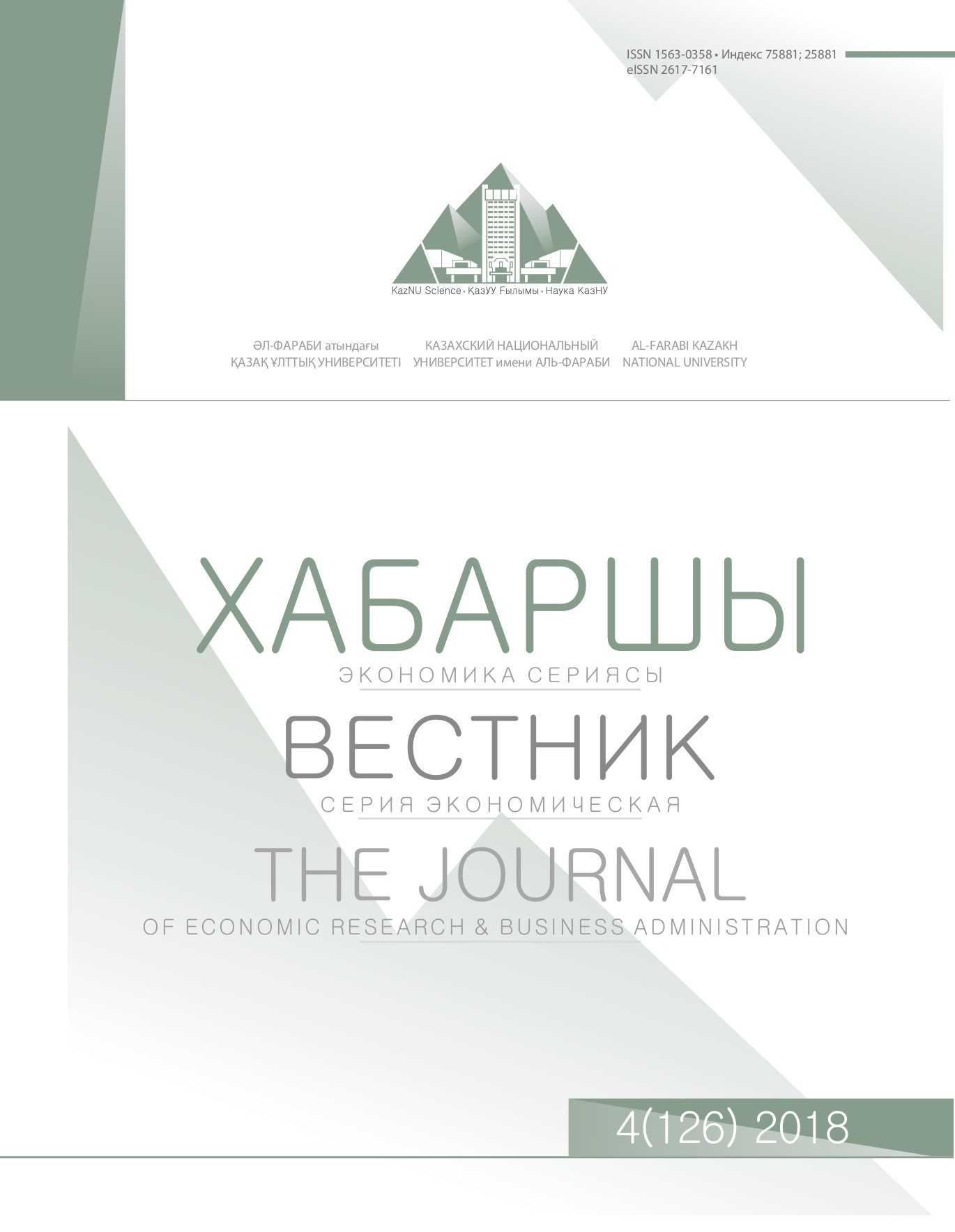Development of land ownership relations in Kazakhstan (theoretical and practical aspects)
Аннотация
The question of land ownership, both theoretical and practical aspects, has been the most important since the era of property relations in society. The problem of property received special attention in various periods of the development of Kazakhstan’s economy. This question is especially topical at the present time. The main directions and ideas of this article are related to the development of land ownership relations in the conditions of the development of Kazakhstan’s economy in the post-Soviet period.
A retrospective analysis of the evolution of forms of ownership in the Soviet era is given. The economic
and legal approaches to the problem of property of domestic and foreign scientists by economists of
different times are considered. The materials of the article have a scientific and practical significance
for the further development of land ownership relations in the conditions of the agrarian and industrial
economy of Kazakhstan, in which the development of property relations should be given the main place.
The practical importance of the work lies in the fact that it justifies this or that form of property from the
position of effective, careful use of the main means of agricultural-land production. In this sense, the
authors argue that the most effective form of ownership will be state ownership with its lease for a long
time to agricultural producers, exclusively to the citizens of Kazakhstan. This, in turn, will remove social
tension in society. The analysis used a variety of research methods, which included both a retrospective
analysis of property relations and practical examples of the relationship between different forms of
ownership of land. The main result of the study is the idea of the authors about the preservation of state
ownership of land with its lease for a long time. The analysis shows that the hypertrophy of the role of
private ownership of land in the conditions of Kazakhstan’s vast agricultural lands does not mean the effective
use of land, but leads to a latifundist form of land use. The work has practical significance, which
is that it proves that privatization of the land has not given the desired effect to date, and the preservation
of state ownership of land with its lease, as proposed in the article, will remove social tension in society,
will have a positive effect in land use relations.




